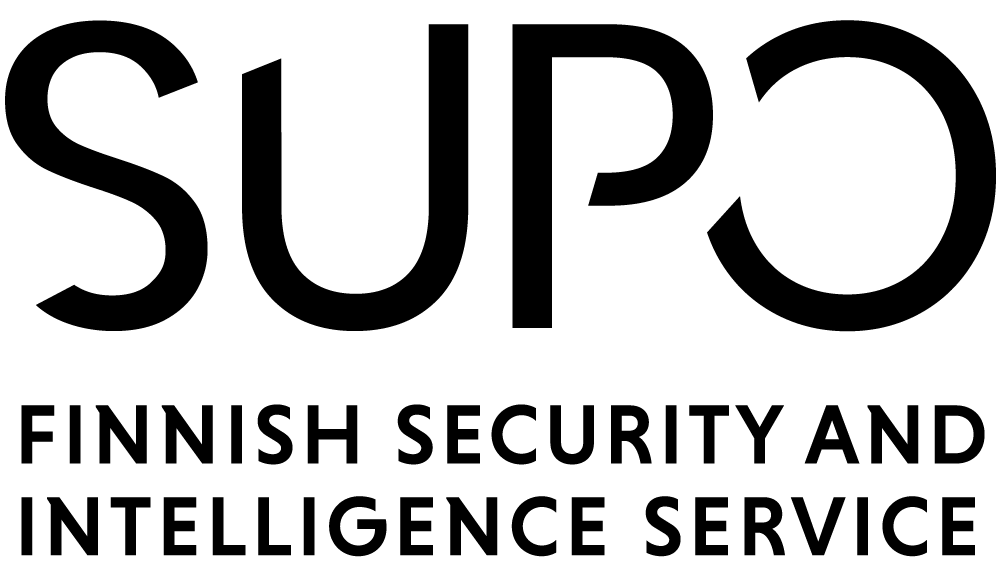Far-right ideology from the perspective of terrorism
Several far-right terrorist attacks have occurred or been foiled in the West in recent years. These attacks were motivated by ethnic and racial nationalist thinking.

The threat of far-right terrorism in Western countries, including Finland, has grown in recent years. The most significant terrorist threat in Finland is posed by individuals and small groups.
Far-right ideology stresses such aspects as racism, antisemitism and xenophobia. Far-right operators cast as enemies those whom they perceive as threatening the existence of the nation state, the culture that these operators represent, or the white population. These enemies are taken to include immigrants, ethnic and religious minorities, and politicians.
The extremist aspect of right-wing ideology is based on accepting the use of violence and seeking to overthrow democracy. The ideology is promoted by undemocratic means. Far-right ideology is mainly supported by various extra-parliamentary operators, ranging from individuals to small groups, and from street-level movements to international networks.
The far-right tendencies that are relevant from the point of view of terrorist activity may be roughly divided into ethnic nationalism and racial nationalism. These ideological tendencies have been used in recent years to rationalise terrorist attacks in Western countries. The Finnish Security and Intelligence Service takes an interest in far-right activities that are linked to terrorism.
There are various tendencies in the ideological world of the extreme right, and far-right operators do not necessarily represent any single one of these. Ideological idiosyncrasies and a blurring of ideological boundaries can also be seen on the violent extreme right.
While far-right ideology continues to revolve around xenophobia, opposing immigration and protecting white identity, a very wide range of additional views are increasingly accompanying these basic axioms. The most radical far-right spheres, for example, are not above expressing admiration for extremist organisations that promote Islamist terrorism, such as ISIL. On the other hand, right-wing extremists who advocate accelerationism and race war have sometimes incorporated various occult and ritualistic views into an ethos based on National Socialism.
Ethnic nationalist thinking perceives a threat to the white population
Ethnic nationalism is based on the idea of preserving the ethnic unity of society. It seeks to prevent mixing of ethnic groups. The ideology holds that the white population is entitled to defend itself, and to safeguard its ethnic unity.
This mentality is a key part of the far-right theory of population replacement, which alleges a deliberate effort to reduce the white Western population to minority status and gradually replace it in Western countries. Some of the terrorists responsible for attacks around the world have justified their actions with the theory of population replacement.
Racial nationalism stresses white supremacy
Racial nationalism emphasises racial purity and totalitarianism. This tendency is based on the notion of white domination, meaning the superiority of the white population and the right to subjugate and use violence against other population groups.
Views that emphasise fascism, neo-Nazism, race war and antisemitic conspiracy theories are typically present in racial nationalist thinking.
Racial nationalism has been stressed from the perspective of far-right terrorism in recent years, especially in the international operating conditions known as Siege culture. Proponents of Siege culture incite race war and seek to use violence to overthrow the prevailing social order. This operating model that underlines the acceleration of violence is also called accelerationism.
This subculture focuses its activities on online social media platforms favoured by the far right. Some supporters also emphasise occult and satanic views.
The most tangible manifestations of Siege culture are loosely associated terrorist groups, of which the best known are Atomwaffen Division (AWD), The Base, Feuerkrieg Division (FKD), and Sonnenkrieg Division (SKD). While the activities of these cellular groups focus on the Internet, some of them have also organised armed training and other activities. Some of the groups have been proscribed as terrorist organisations in the UK, Australia and Canada.
Some attack plans with links to Siege culture have been exposed in the West, while a total of five homicides have been committed by supporters of Atomwaffen Division in the USA.
